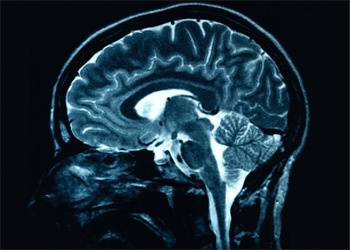Scientists have revealed the role of one type of brain cell in the development of a process crucial for memory and learning.
An international study involving the University of Aberdeen has found that these brain cells - known as basket cells - continue to develop after birth, forming strongly wired networks.
Basket cells control where and when information flows in the brain by acting in what is known as an 'inhibitory" way. Although they make up less than 10% of the nerve cell population in the brain, basket cells efficiently control the activity of the other 90% of our brain cells which behave in an excitatory way.
Researchers found that basket cell networks continue to develop their functional capabilities which help generate the fast rhythms in the brain necessary for learning and memory.
Understanding more about the development of basket cells could give more of an insight into schizophrenia as it has been shown that people with this disease show a reduction in the number of these cells and a reduced wiring among them.
Dr Marlene Bartos, a neuroscientist and Reader at the University of Aberdeen's Institute of Medical Sciences, said: "Our work sheds new light on the development of neuronal circuits and the emergence of cognitive function.
"Development of basket cell networks seems to be crucial for the emergence of fast brain rhythms which underline mental function.
"What we now need to do is to look in more detail at the function of basket cells in neurodevelopmental diseases such as schizophrenia which seem to be impaired in this illness."
The study has been published in the Journal of Neuroscience.
ENDS


